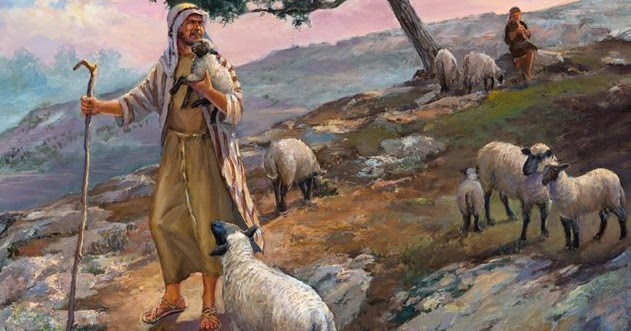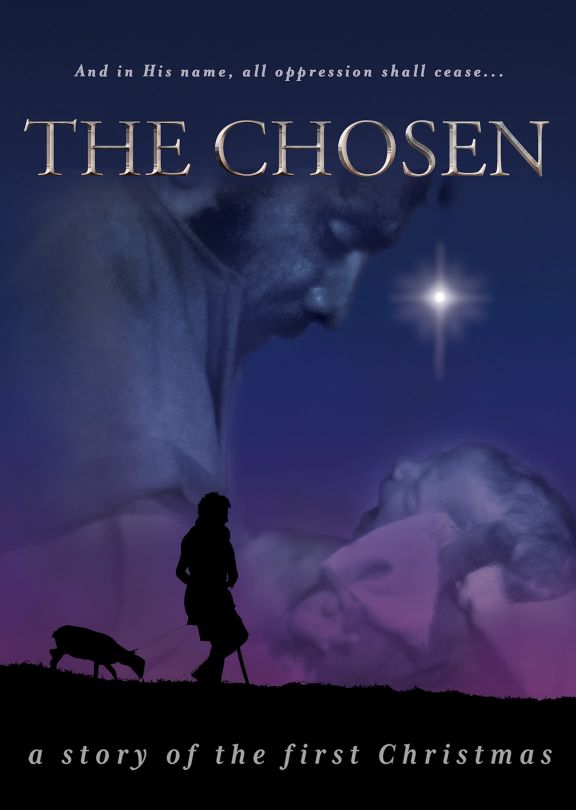
Though God intends for political leaders to carry out his plans for the world, these leaders try to achieve their godless plans instead. It portrays their leaders as doing the opposite of their intended purpose. Here the poem adjusts its lens from a wide view of large people groups to a focused, close-up view of their political leaders. The person who wrote this poem was amazed that people actually thought they could overthrow God’s authority and plans.Īgainst Yahweh and against his anointed one. Restless describes a state of agitation, like waves on a stormy sea, and delusions describes wishful thinking and useless strategies. Nations and peoples refer to the ethnic groups and kingdoms who surrounded the nation Israel and frequently fought against her. World leaders were forming an alliance to overthrow the king that God had placed in Jerusalem. Still, we can see the general scenario it describes. That’s why we can’t say wrote it or why it was written.
#THE SHEPHERD THE CHOSEN HOW TO#
Many psalms give key facts at the beginning, like who wrote the psalm, why they wrote it, and how to perform it from a musical standpoint.

Let’s take a closer look at each of these parts to discover how this psalm should influence our lives today. Part 4 – How ungodly people should respond to God’s king (Psa 2:10-12).Part 3 – What God promised to his king (Psa 2:7-9).Part 2 – How God responds to their plans (Psa 2:4-6).Part 1 – How ungodly people respond to God’s king (Psa 2:1-3).This psalm appears in four distinct parts. Yet both send a similar message, that those who follow God will be blessed and those who refuse to follow God will ruined. The second paints a royal indoor scene of dignitaries, courtiers, and a throne room – even heaven. The first paints a rustic outdoor scene of trees, rivers, and a farmyard at harvest. Psa 1 says that the way of the way of the ungodly will be lost (or destroyed, Psa 1:6) and Psa 2 says that the ungodly will be lost (or be destroyed) in the way (Psa 2:12).įrom an artistic standpoint, these psalms paint contrasting pictures for our imagination to savor.Psa 1 begins with a promise of blessing to those who follow God, and Psa 2 ends with a promise of God’s blessing to those who trust in him.( Meditate in Psa 1:2 and plot in Psa 2:1 are the same word.) This contrast reveals that godly people focus on doing what God says, but ungodly people focus on undoing what God says. Psa 1 says that a godly person murmurs to himself about God’s Word, but Psa 2 says that ungodly people murmur to each other against God.These poems share some fascinating details together as a pair of psalms:


The first encourages commitment to God’s guidance while the second encourages submission to his reign. Psa 1 portrays following God as following his instruction Psa 2 as following his king. They contrast people who follow God with those who don’t. Psalms 1-2 introduce to the entire collection of Psalms. Do you ever feel overwhelmed by the actions and plans of ungodly world leaders? Do you ever feel afraid, frustrated, or pressured by the policies they implement, especially those which undermine biblical, godly values? If so, then this psalm is for you.


 0 kommentar(er)
0 kommentar(er)
